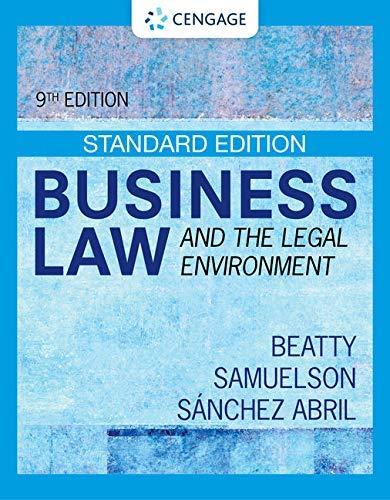Answered step by step
Verified Expert Solution
Question
1 Approved Answer
Mcculloch v. Maryland, 1819 Big 15 Supreme Court Cases | Case Study 2 * * * * * * * * * * * *
Mcculloch v. Maryland, 1819 Big 15 Supreme Court Cases | Case Study 2 * * * * * * * * * * * * * * * * Background of the Case The Supreme Court first settled a dispute between a national and a state law in 1819. The Second Bank of the United States had been chartered by Congress in 1816. Large sections of the country, especially the West and South, bitterly opposed the Bank. The Bank's tight credit policies contributed to an economic depression, and many states reacted against what they saw as a "ruthless money trust" and "the monster monopoly." Two states even prohibited the bank from operating within their jurisdictions. Six other states taxed Bank operations. In 1818 the Maryland legislature placed a substantial tax on the operations of the Baltimore branch of the Bank of the United States. The cashier of the Baltimore branch, James Mcculloch, issued bank notes without paying the tax. After Maryland state courts ruled against Mcculloch for having broken the state law, he appealed to the United States Supreme Court. Constitutional Issues One of the issues that concerned the Founders at the Constitutional Convention was
Step by Step Solution
There are 3 Steps involved in it
Step: 1

Get Instant Access to Expert-Tailored Solutions
See step-by-step solutions with expert insights and AI powered tools for academic success
Step: 2

Step: 3

Ace Your Homework with AI
Get the answers you need in no time with our AI-driven, step-by-step assistance
Get Started


